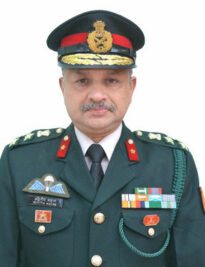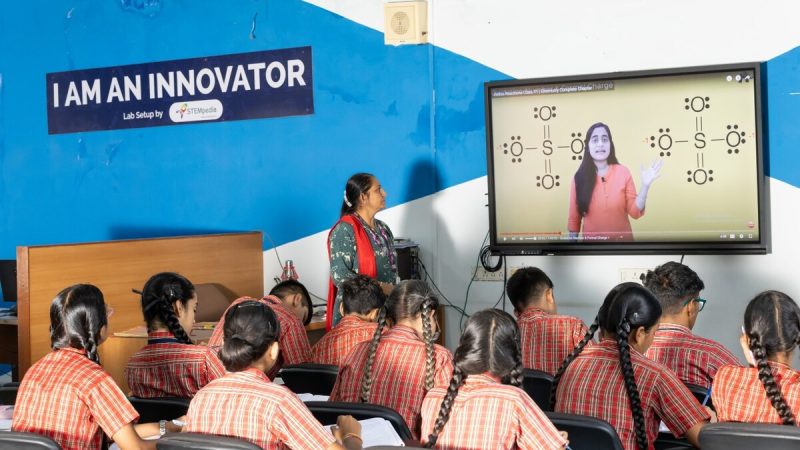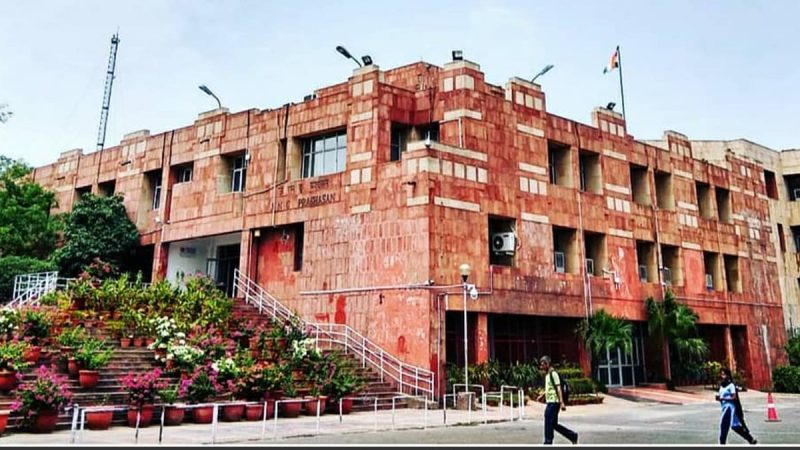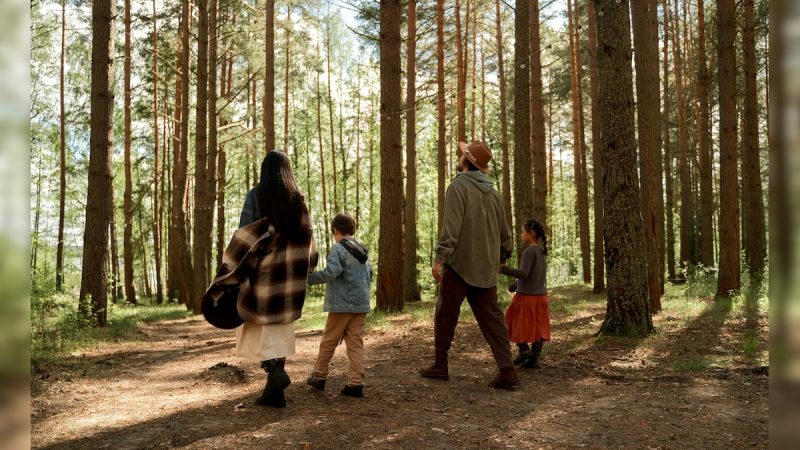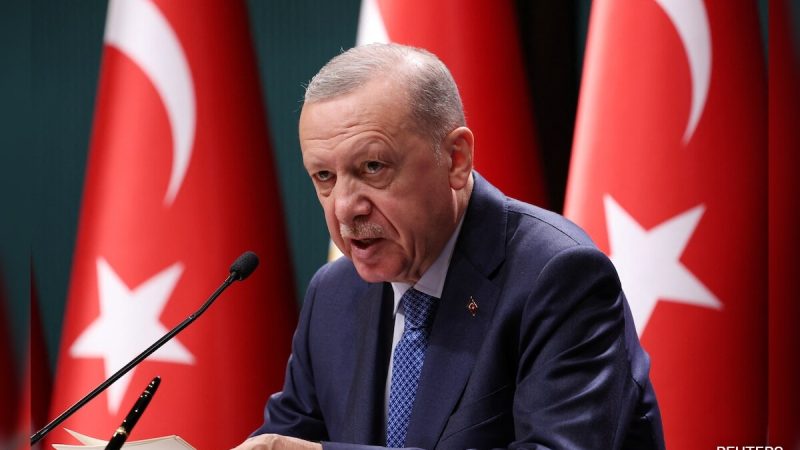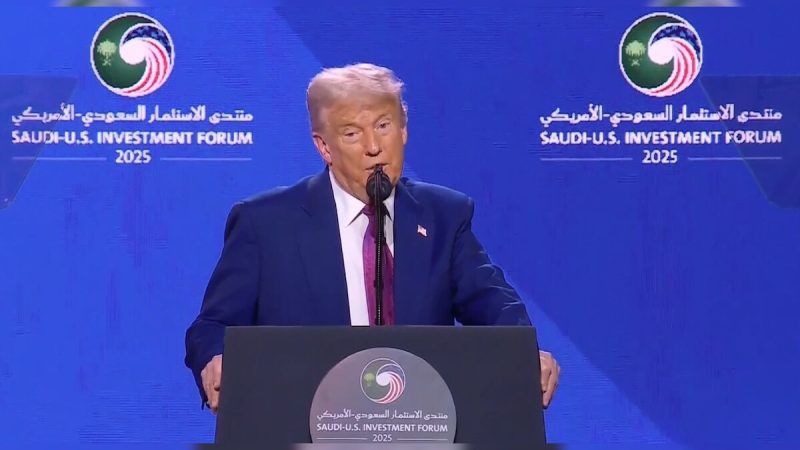Not just the soldier’s war
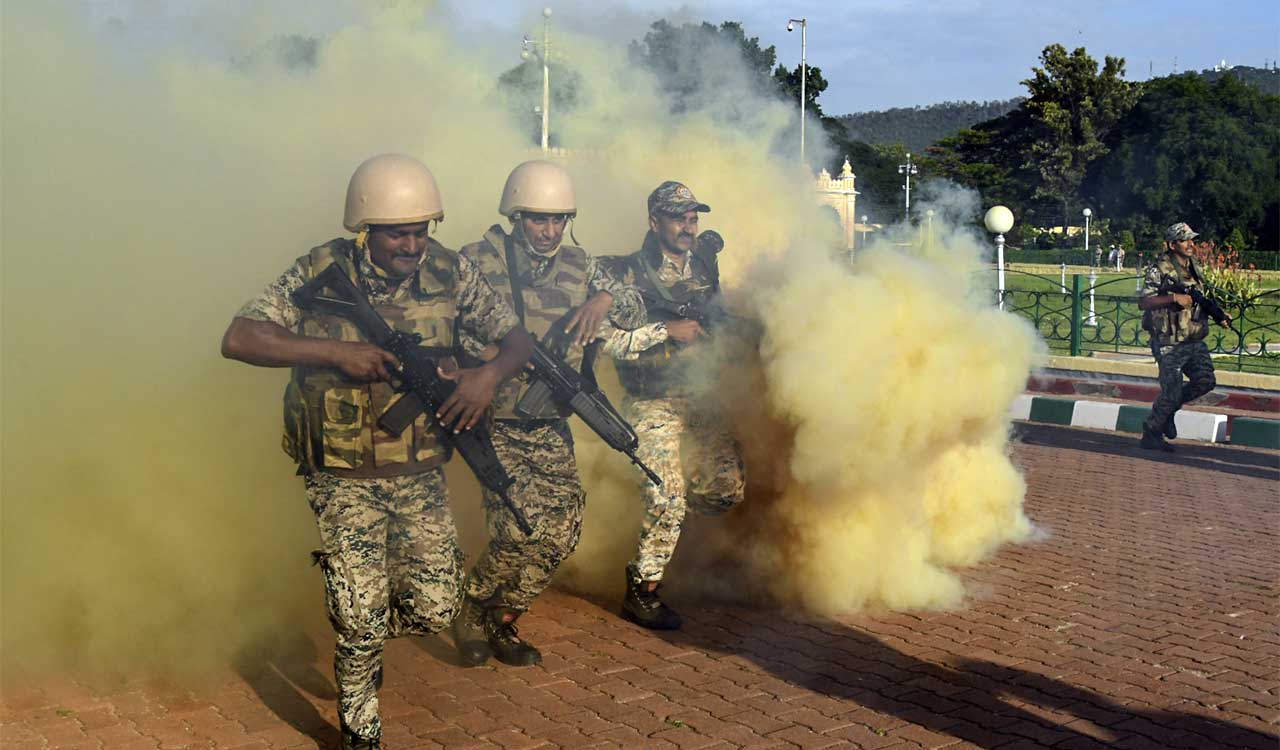
As India braced for escalation with blackout drills, emergency exercises and responses to real situations, it was disheartening to see some citizens ignore the seriousness of the moment. Sirens wailed, yet headlights blazed while mobile phones lit up streets meant to remain dark
Published Date – 14 May 2025, 03:20 PM

Security personnel conduct a mock drill at Mysore Palace, in Mysuru, on May 10, 2025. Photo: PTI
By Brig Advitya Madan
Pakistan’s recent provocations — missile strikes on the population centres and indiscriminate shelling across the international border — marked a disturbing escalation. However, an understanding has been reached and a ceasefire manifested on May 10. These attacks, alarmingly targeted at civilian areas, have revealed the reckless mindset of a rogue state determined to destabilise the region. In stark contrast, India’s response to the Pahalgam attack has been deliberate, restrained and responsible — characteristics that reflect the maturity of a stable democracy.
However, all denizens must realise that national security is not the burden of the armed forces alone. In times like these, unity, awareness and civic discipline become just as vital as military strength. As India braced for escalation with blackout drills, emergency exercises and responses to real situations, it was disheartening to see some citizens ignore the seriousness of the moment. Sirens wailed, yet headlights blazed. Mobile phones lit up streets meant to remain dark. These were not trivial lapses — they could have cost lives.
Many among the younger generation may never have experienced a real wartime situation. The threat of the enemy’s drone, missile and air strikes was real a few days back, though it was thwarted by our efficient integrated air defence system. But let us be clear: the situation we faced was an exceptional one, which, had we taken it lightly, could have had serious consequences for our armed forces and the civilians.
Each citizen’s actions — or inactions — could have had wide-ranging ramifications beyond personal safety. A careless beam of light could have exposed not just homes but nearby military installations, making them vulnerable targets. We all, especially in the civil domain, need to synchronise our psyche with the soldiers during such times of war.
I was reminded of my experience during Operation Parakram, one of India’s largest military mobilisations. Just days before the operation, my commander visited for an administrative inspection of my unit and asked to review the mobilisation box of my Bravo Company. This box typically contains recall telegrams, already drafted and addressed to each jawan, to be sent out in case of emergency mobilisation, apart from other essential documents of soldiers during the war.
I told him with conviction, “Sir, my jawans don’t need telegrams. They will return as soon as they hear the call of duty.” True to my words, within 48 hours of the operation’s announcement, every soldier of my company reported back voluntarily. One had just retired, another had gone home to get married, and a third was about to leave for the training course. Not one needed to be summoned. They answered the call before it was even made.
That same sense of duty should have echoed across civilian life. During the intensity of military preparations and in eventuality of full-scale mobilisation we must rise — not with panic, but with purpose. We require not only robust armed forces but also strong public resolve and discipline.
Let us stand united across all religions, regions, and political lines in future. Our actions should reflect the same courage we expect from our soldiers. When duty calls, every Indian must be ready to answer.
